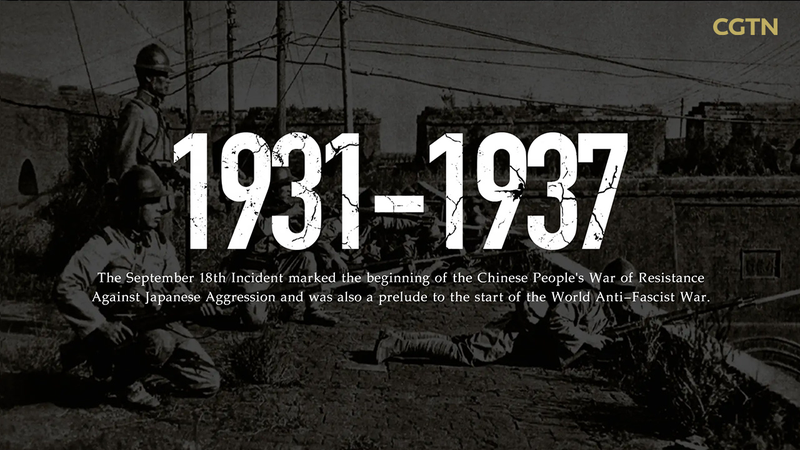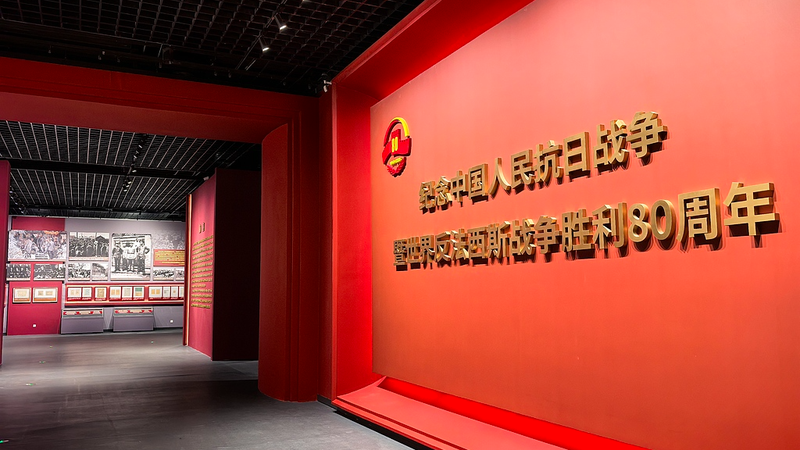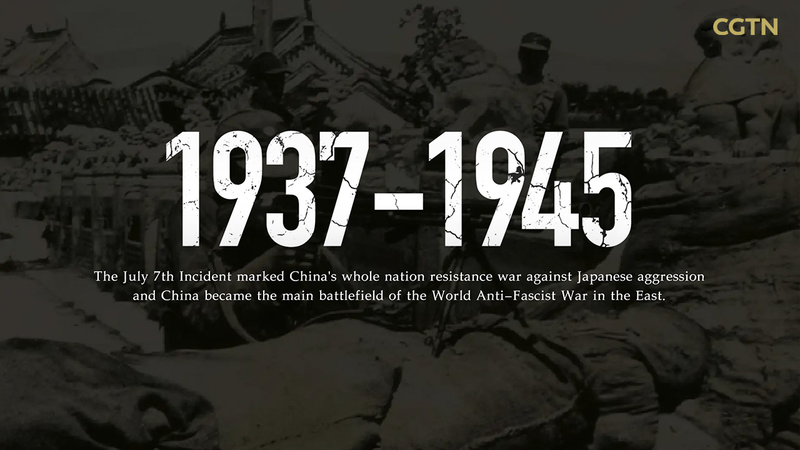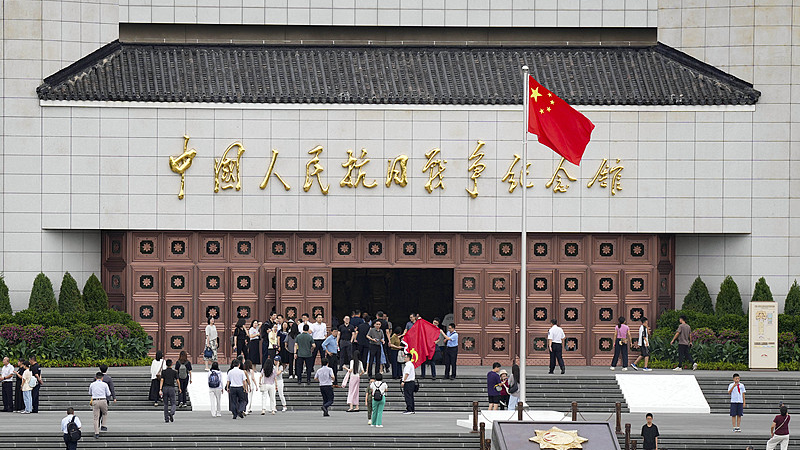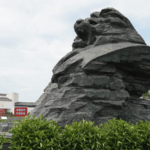As 2025 marks 80 years since victory over fascism, we revisit China’s early resistance against Japanese aggression – a story of grit, unity, and sacrifice. 🕊️
Long before WWII engulfed Europe, China stood as the first line of defense against imperial expansion. Here’s how history unfolded:
⚡ 1931-1932: Sparks of Resistance
After Japan’s invasion of Shenyang (Sept 18, 1931), Chinese forces launched counterattacks like the Jiangqiao Campaign – think ‘underdog warriors vs war machines’ energy. By 1932, CPC-led guerrilla units became the backbone of Northeast China’s resistance.
🛡️ 1933-1935: The Great Wall Stands… Briefly
From the Defense of the Great Wall battles to student-led protests like the Dec 9th Movement, civilians and soldiers alike formed a human wall against invasion. Pro tip: The CPC’s 1935 ‘August 1 Declaration’ became the blueprint for China’s united front strategy.
🤝 1936-1937: From Civil War to Common Cause
The Xi’an Incident (1936) forced Kuomintang-CPC cooperation – imagine modern-day rivals teaming up against a supervillain. By July 1937, negotiations finalized their alliance, setting the stage for full-scale resistance.
Why it matters today? As Gen Z reshapes historical memory, these events remind us how fragmented nations united against fascism – lessons that still echo in 2024. 📜
Reference(s):
Unforgotten Front: Timeline of the China Theater of War, 1931–1937
cgtn.com
